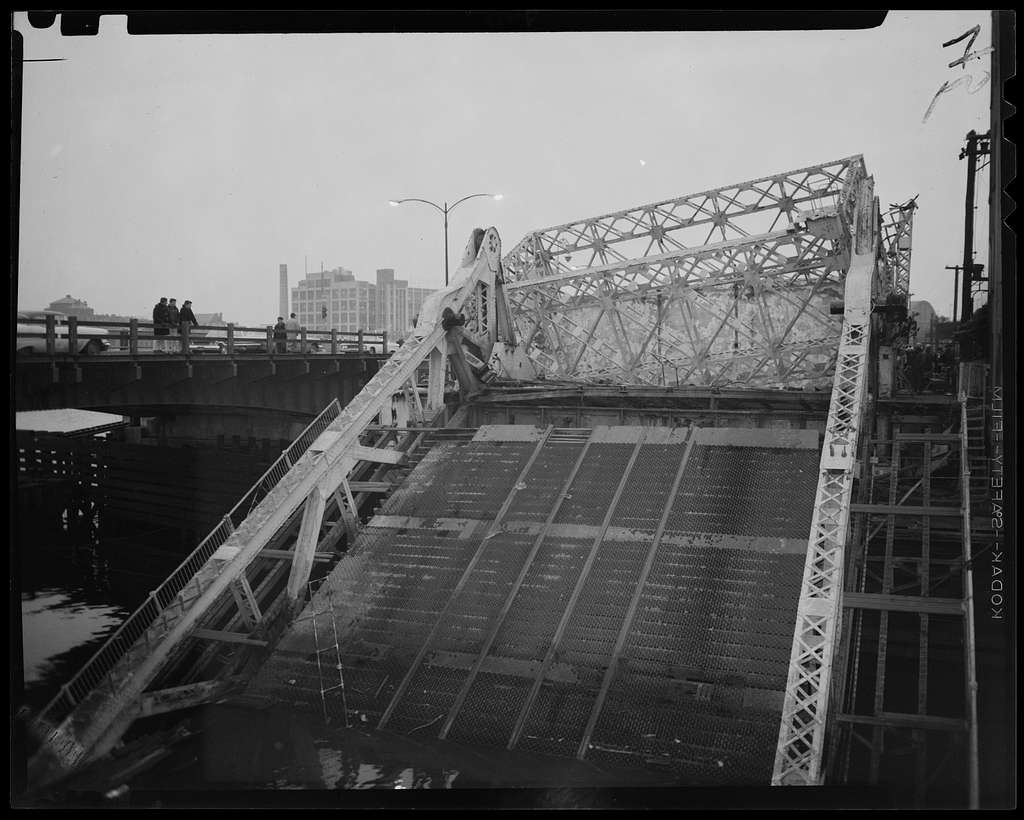Anatomy of a Collapse

With 3:16 left in Game 1 of the Celtics’ Eastern Conference Semifinal series vs. the Philadelphia 76ers Monday night, Marcus Smart gave the Celtics a 111-107 lead, on a lay-up, foul, and free throw. It was the largest lead either team had had since the Celtics went up 96-91 with 9:26 left in the game, and Boston seemed to have momentum on its side. But from there, the Celtics would be outscored 12-4, as they would drop this first game by the final score of 119-115. I re-watched the final three-plus minutes so you wouldn't have to.
A few things stick out from re-watching these final three minutes. First, Jaylen Brown fell into some very uncharacteristic indecision. Few players have been better in transition in the NBA this season, but given two chances to bump the team’s lead from four to six points between three and two minutes left, Brown backed away, and the Celtics came up empty on both possessions. On the first possession, you could see that Brown was at a slight disadvantage in terms of numbers, but that has rarely stopped him before, and a hard drive to the hoop would have likely been rewarded with free throws. Then again, with under a minute to play, Brown drove into the paint, stopped, double clutched, and passed out when he didn’t need to. So many times this season, we have seen Brown in similar situations pivot around until he found a good fadeaway shot, or up-faked the defender for an even easier shot going to the hoop. Instead, he played hot potato. So did his teammates, and the possession would end in a disastrous Tyrese Maxey breakaway dunk.
The second thing is that Al Horford no longer gives more than he takes away. On the plus side of the ledger, in the final three minutes, Horford had a block on Maxey, a big offensive rebound, and a lay-up. On the negative side, first Atlanta and now Philadelphia are relentlessly hunting him defensively. When Horford is defending around the hoop, he is still more than solid, and that’s where he not only stuffed Maxey late but picked up two other blocks tonight. But too often, teams are able to get him in space, and are taking advantage. For whatever reason, Celtics coach Joe Mazzulla keeps letting this happen. He has failed or refused to adjust. Horford, meanwhile, was a game-worst -17 for the night.
Of course, if Horford is going to be hunted so relentlessly, it begs the question of why he’s out on the court at all. Watching this is eerily reminiscent of watching the team when they had Kemba Walker. In the 2020 COVID bubble playoffs as well as the following season, teams like the Miami Heat and Brooklyn Nets sought out Walker in defensive matchups, but there was little the Celtics could do. Walker was still the leader of the team, and averaged 20 points per game. You had to live with his defense, because his offense was necessary. The same is not the case for Horford. His 9.8 points per game in the regular season ranked sixth on the team, and in the first round of the playoffs against Atlanta, his 5.8 points ranked seventh. He put in 11 points for the team tonight, good for fifth on the team, but it’s likely that had Robert Williams III been given some of Horford’s minutes, he would have matched Horford’s offensive production. Williams hit all three shots he took, and all three buckets came easily.
Whether matching Philly’s small lineup with Derrick White, a superior defender in space, and really one of the best perimeter defenders in the NBA, or going with the quicker big man in Williams, the Celtics have two great other options. Horford may be the team’s backbone, but winning playoff series’ is about finding the right personnel for the right matchups.
The third takeaway from the final three minutes is that the Sixers essentially did whatever they wanted on offense. Not every shot worked out, but the Sixers were able to keep the ball in the hands of their two playmakers. Over the final 3:35, the Sixers ran five offensive possessions (not counting the Maxey breakaway or Paul Reed’s final free throws):
- Harden lay-up attempt (ruled offensive foul)
- Maxey runner (blocked by Horford)
- Maxey lay-up, three-point play
- Reed lay-up off great pass from Harden
- Harden three-pointer
Did all of these possessions work out? No, but the bottom line is that on these five possessions, the Sixers got exactly where they wanted to go, and got the shots they wanted to get. The offensive foul counts as a turnover, but it was a judgment call by the refs, and one Horford may not benefit from the next time. The final possession was a microcosm of the entire game. Smart elected to not (or was instructed to not) fight through the fight-throughable screen that Tucker set, giving Harden a wide berth with which to operate against Horford. Humiliatingly, Harden didn’t really do much to try to shake the 36-year-old Horford. Harden didn’t need one of his patented, exaggerated step backs, he just calmly dribbled to his right, went straight up (for once) and swished home the winning three.
This calmness was a theme for the entire game, as the Sixers committed just six turnovers. You would expect fewer turnovers with Joel Embiid out due to injury, as Embiid tied with Harden for a team-worst 3.4 turnovers per game this season, but overall this season, the Sixers averaged 13.7 turnovers per game. To only force six shows that the Sixers dictated the action. When things mattered, the ball was in the hands of Harden or Maxey, and the Sixers benefited.
On the other side, the Celtics were not nearly as focused with the ball. Multiple possessions fell apart when the Celtics got caught without a plan, including one that ended with a wildly off-balance three from Tatum, and the one that ended in Maxey’s breakaway dunk. That the shot clock had seemingly expired on that play should not obscure the fact that the C’s seemingly had no plan, and didn’t even get a shot off.
Bottom line -- while the Sixers knew exactly what they were doing, the Celtics were caught searching. Part of this, it has to be said, is on the players, who are too experienced at this point for these kinds of lapses. But late in games, when players are tired, they need the steady hand of their coaching staff, and tonight Mazzulla and his staff came up short. 115 points on 58.7% shooting will get the job done most nights, but those other, exceptional kinds of nights come around a lot in the playoffs, and tonight was one of those nights where the Celtics needed to be better. They weren’t, and now have to battle to get their homecourt advantage back.
